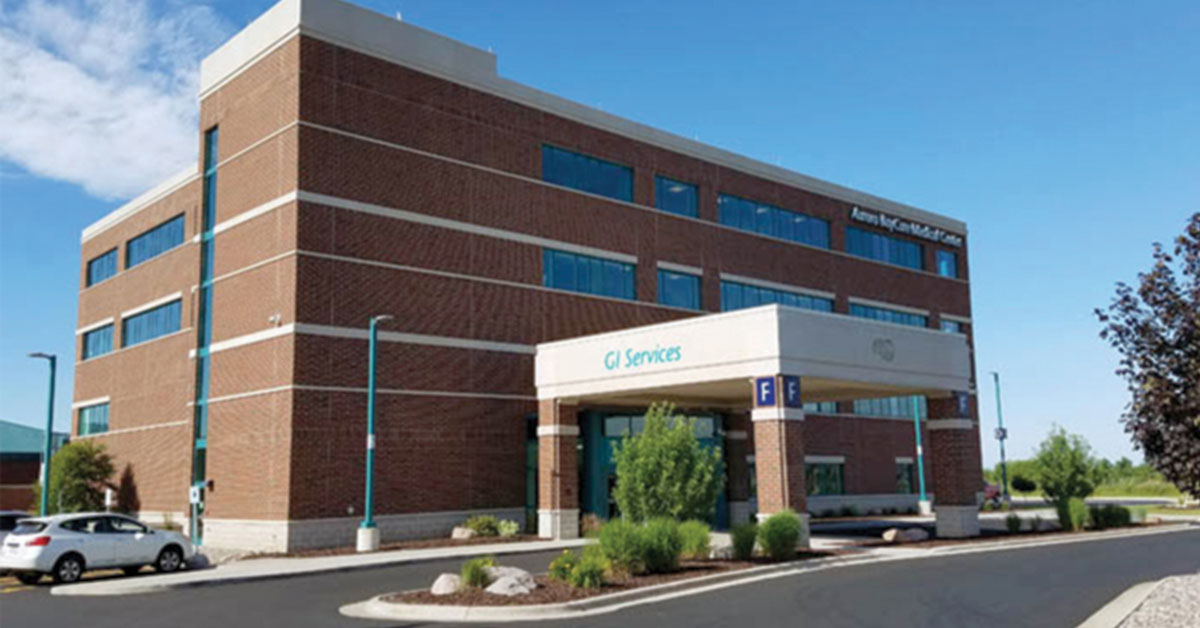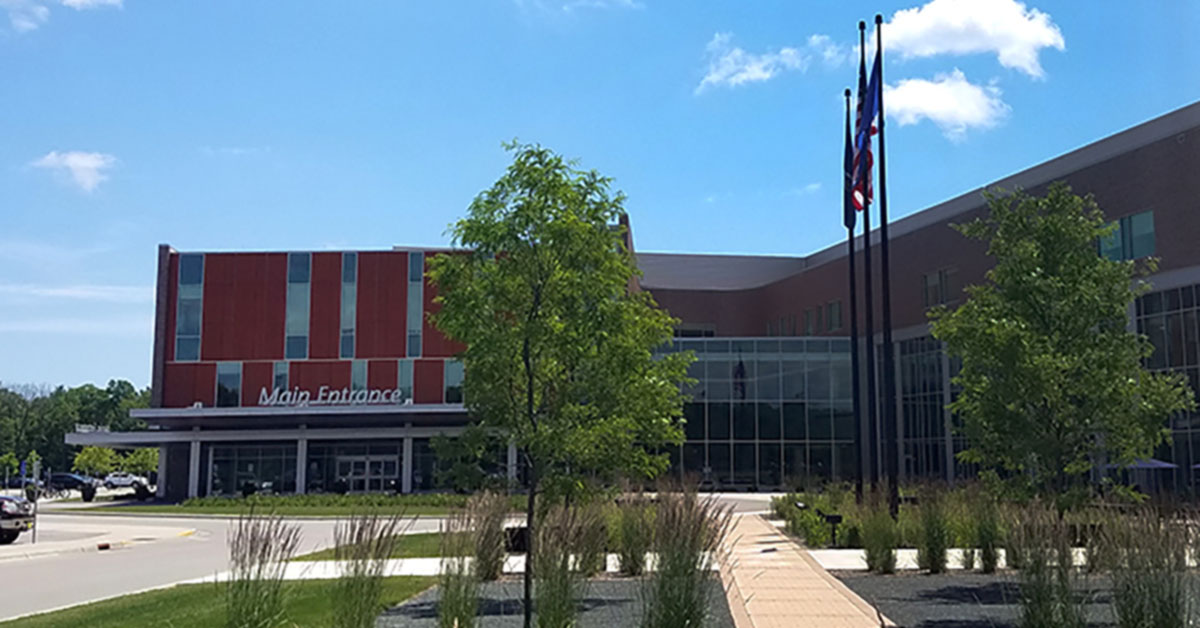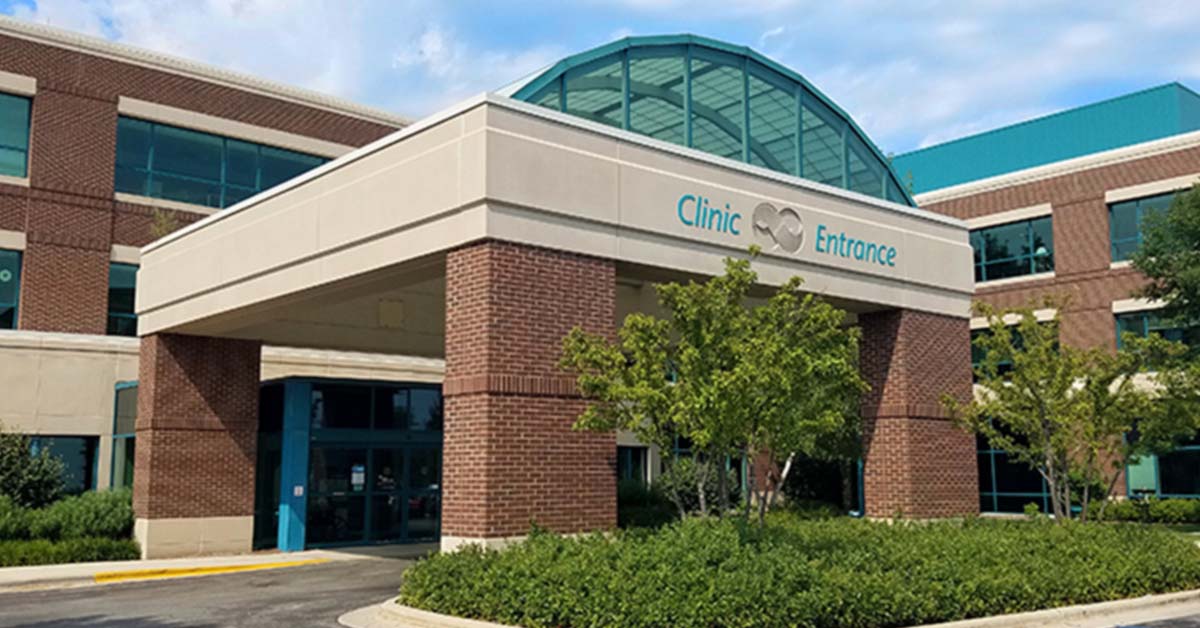Throat Specialists
Ear, Nose & Throat
Expert care for throat conditions
Our Ear, Nose & Throat doctors have specific expertise in managing diseases and conditions of the throat, vocal cords, esophagus, tonsils and adenoids including:
- Cancer
- Gastroesophageal reflux disease (GERD)
- Heartburn
- Laryngitis
- Salivary gland disease and disorders
- Sore throat
- Strep throat
- Swallowing disorders
- Tonsillectomy and adenoidectomy
GERD
Gastroesophageal reflux disease (GERD) occurs when stomach acid flows back into the throat. It can cause irritation and discomfort and is usually accompanied by heartburn, occasional chest pain, difficulty swallowing, the feeling of a lump in your throat and a chronic cough. Our ear, nose and throat doctors can help diagnose GERD and recommend treatment through lifestyle changes, over-the-counter medications, prescriptions or surgery.
Sore throat and strep throat
A sore throat is common. A sore throat typically coincides with another viral infection such as cold or flu and is characterized by pain or a scratchy sensation in the throat. The pain may worsen with swallowing or talking. A sore throat caused by a virus typically resolves on its own. Strep throat is a type of sore throat caused by a bacterial infection that generally requires treatment with antibiotics.
Tonsillectomy and adenoidectomy
Tonsillitis is another type of sore throat caused by common cold, mono or strep throat. Infected or inflamed tonsils can cause chronic or recurrent sore throats, bad breath, abscesses, snoring, or even sleep apnea. Infected adenoids can result in breathing complications, ear infections and sinus infections. Tonsillectomy and adenoidectomy are surgical procedures performed to remove the tonsils and adenoids. If you or your child experience these symptoms frequently, our ear, nose and throat doctors can help determine whether surgery is necessary.
Swallowing disorders
Occasional trouble swallowing can occur for a variety of reasons. Chronic difficulty, however, may be a sign of a more serious condition and should be addressed by an ear, nose and throat doctor. Dysphagia, a common swallowing disorder, is characterized by needing extra time and effort to swallow, coughing or gagging when swallowing, sensation of food getting stuck in your throat or chest, drooling, frequent heartburn and even pain when swallowing.
Common throat issues
Hoarseness can have many causes. Most are not serious and tend to go away after a short period of time. However, because smoking is a major cause of throat cancer, a smoker with hoarseness should see an ear, nose and throat doctor for a diagnosis. Smoking can damage vocal cords and with continual smoke exposure, malignant lesions may form. Smoking also increases your risk of certain cancers in the head and neck area.
Large tonsils without other symptoms or complications do not necessarily require removal. If you have enlarged tonsils and have other symptoms like snoring, mouth breathing, sleep disturbance or frequent sore throats, an ear, nose and throat doctor may recommend removal.
Heartburn is only one symptom of reflux and some types of reflux aren’t accompanied by heartburn. Laryngopharyngeal reflux (LPR) occurs when the acid from the stomach comes up into the throat and causes the feeling of a lump or phlegm in your throat. Frequent throat clearing or coughing may make the symptoms worse. An ear, nose and throat doctor can help diagnose the cause and recommend lifestyle changes or treatment options that may help.
Yes. Acid reflux is a condition in which acid from the stomach comes up into the esophagus. The acid can irritate vocal cords, resulting in hoarseness, a change in voice or a persistent sore throat.
Tonsils and adenoids may be removed due to chronic infections or if inflammation is causing persistent issues like snoring, mouth breathing or obstructive sleep apnea. They are not typically removed because they are large or occasionally inflamed. Our ear, nose and throat doctors can determine whether either you or your child should have a tonsillectomy and adenoidectomy.
Your child may have enlarged adenoids. The adenoids are made of the same type of tissue as the tonsils but are in the back upper throat, just behind the nasal cavity. If they are enlarged, they may cause blockage of the nose resulting in difficulty breathing or mouth breathing. When they become infected, the patient may have a fever, discolored nasal drainage and cough. Inflamed or infected adenoids also may cause persistent ear infections.
Parotid glands are a pair of large saliva-producing glands located just in front of and below the ear. A duct runs from the glands into the mouth to provide saliva. These glands can occasionally become infected and be painful and swollen. Stones may also occur in the gland and may appear as either painful or painless lumps. Tumors also may develop. If you notice a lump, painful or not, it’s important to be evaluated by an ear, nose and throat doctor who can diagnose the situation and recommend treatment.
Swelling under the jaw may mean a problem with the submandibular gland, which is a salivary gland located under the jaw that produces and drains saliva under the tongue. These glands also may become infected or develop stones which may appear as lumps. If the swelling is mild, gentle massaging of the gland, coupled with good hydration, may help resolve your issues. If the problem persists, seeing an ear, nose and throat doctor who can diagnose and treat the problem is recommended.



